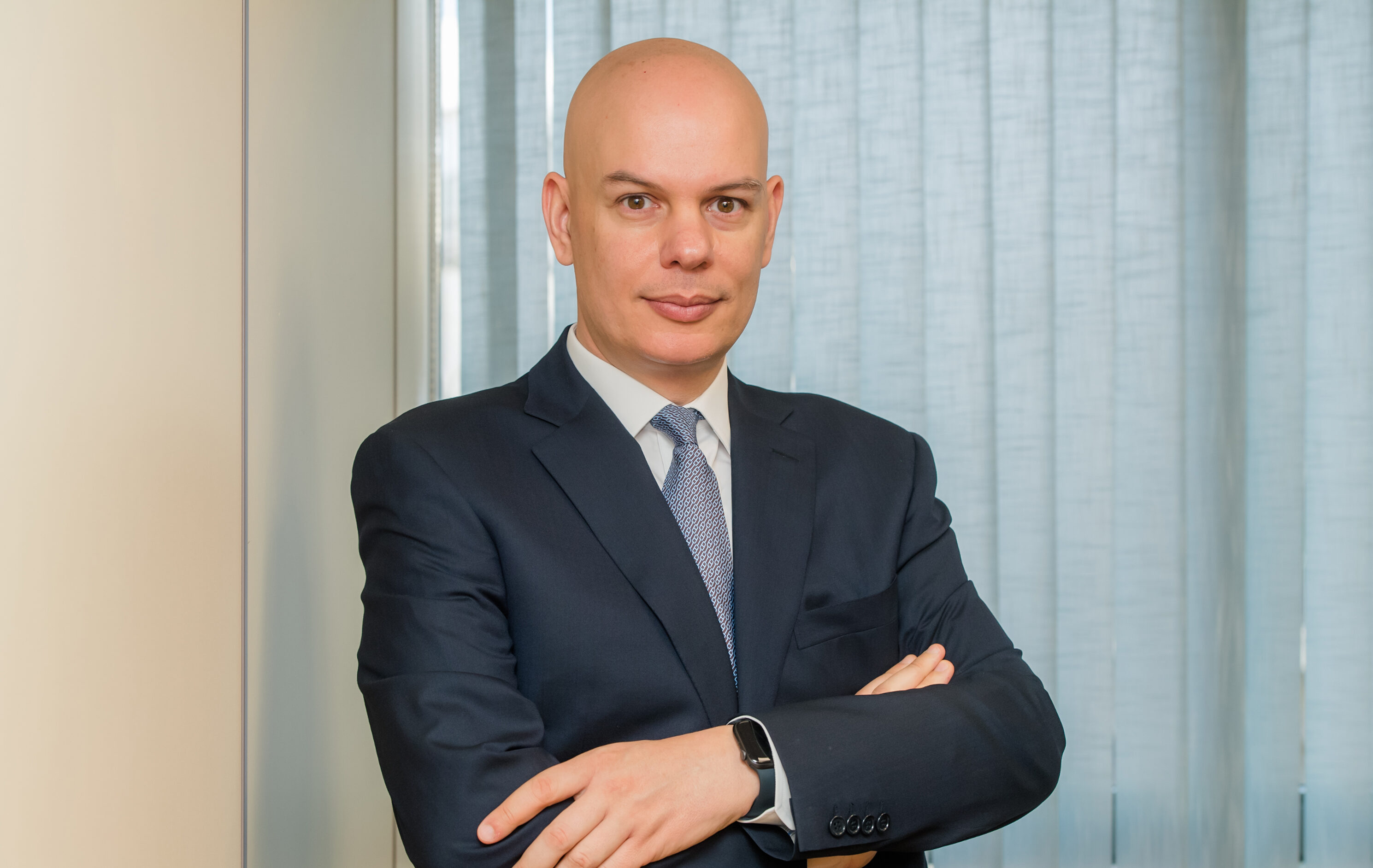
The Euroclinic Group provides high-quality integrated healthcare services with a compassionate and professional approach. Vice Chairman Nicolas Plakopitas shares his commitment to innovation and explains his vision for the group.
Q: How has your vision for the Euroclinic Group evolved?
When I began this role, the focus was on operational resilience due to COVID-19, which was urgent and critical for hospitals worldwide. However, our long-term goal has always been to make Euroclinic a reference point for international patients and partners.
Q: What were the key strategies enacted in pursuit of that goal?
We restructured core operations, began transitioning to a new ERP, acquired a hospital to expand specialised oncology care and invested in advanced medical and diagnostic equipment. These efforts, along with our emphasis on quality, efficiency and access, have positioned us as a future-ready organisation serving both domestic and international patients with excellence.
Q: What is the company’s central mission today?
Euroclinic’s mission is to provide personalised, high-quality medical care. The clinic is located centrally in Athens and meets strict international standards; we believe every patient deserves respectful, attentive and personal care – delivered daily in an environment where they feel safe and heard.
Q: What attracts international patients to Euroclinic?
For international patients, especially those from Germany, we strive to be a trusted private hospital that blends clinical excellence with empathy. We consistently invest in advanced technology, staff training and facility upgrades to meet the expectations of modern patients. We believe Euroclinic is a reliable healthcare option in Southeastern Europe for German travellers and residents alike.
Q: Where are the most significant opportunities for growth?
We have become a reference point in the sector, grounded in quality, personalised care and accessibility. Despite high patient volumes, we remain agile and patient-focused – unlike larger, less personal hospital systems. Our medical teams are highly qualified, our infrastructure is regularly upgraded and our culture is deeply human centred for patients, partners and staff. We offer the safety and scale of a major hospital with the warmth of a family-run clinic. In 2024, a survey of 15,600 patients and family members showed over 90% satisfaction across all touchpoints – a result we are proud of.
Q: What synergies exist for collaboration with German partners?
We offer high-level healthcare services at competitive costs, making us a strong fit for Germany’s close tourism ties with Greece. Our hospital is fully equipped to handle the full range of health issues German tourists may face – emergencies, diagnostics and elective procedures. We also provide air and sea transport through partners, a fully staffed emergency department and, since 2024, strategic partnerships with regional hospitals and healthcare centres, especially in remote areas.
Q: What defines your technology-led approach?
A key example is our Telestroke programme, where our neurologists support island hospitals like the General Hospital of Kos. This 24/7 service includes real-time video assessments, CT scan reviews via PACS and immediate therapeutic decisions. In the past year, it enabled over 400 urgent neurological evaluations and identified more than 30 ischaemic strokes that might have gone undiagnosed. More than a technological solution, it reflects our commitment to medical responsibility and equal access to urgent care, even in remote regions.
Q: How does this investment in innovation enhance the patient experience?
Investing in advanced medical technology and diagnostics reflects our mission to deliver precise, efficient and compassionate care. The da Vinci system enables minimally invasive surgery with less blood loss, pain and faster recovery, while the AI-powered EVIS X1 endoscopy platform enhances early detection of conditions like colorectal cancer. The Robotic Surgical Assistant supports precise, low-complication knee replacements. We also introduced Greece’s first Brainomix e-Stroke Suite, an AI tool for rapid, life-saving stroke care decisions. Our new ERP, HIS Symbiotics, launching in 2025, will enhance patient experience and operational efficiency. These investments also attract top physicians seeking cutting-edge tools.
Q: What is your approach to sustainability?
At Euroclinic, we believe healthcare must be financially sound, socially responsible and sustainable. In 2024, we reduced thermal energy use by 22%, earned ISO 14001 certification, cut water use by 11% and reduced waste by 8%. We also provided over 500 breast cancer screenings, reforested wildfire-affected areas, held blood drives and educated schoolchildren on stroke symptoms. Through NGO partnerships, we supported the homeless, refugees and vulnerable women – reflecting our belief that healthcare means caring for both people and the planet.
Q: How have your past experiences shaped your leadership style?
My leadership style is shaped by over two decades in private equity and global finance, combining strategic rigour with operational empathy. At Euroclinic, I have applied this mindset to build clarity, consistency and purpose. We focus on resilience, strong outcomes and meaningful impact – prioritising quality over scale, long-term alignment over short-term gains and people over process. This philosophy guides how we build teams, invest and define success.
Q: What makes Greece the ideal investment destination?
Greece has shifted from a recovery story to reform-driven growth. With projected GDP growth of 2.3%, alignment with EU initiatives and momentum in healthcare, energy, digital infrastructure and real estate, the country is attracting strong international interest. Germany remains a key partner in tourism, trade and diplomacy, with close ties in medical equipment – Siemens being a major supplier. Greece’s stability, skilled workforce and improving regulatory environment are driving renewed confidence that benefits patients, professionals and the broader community.

